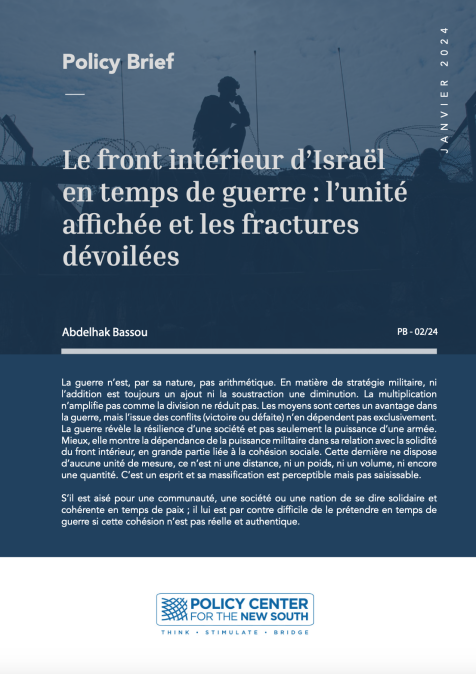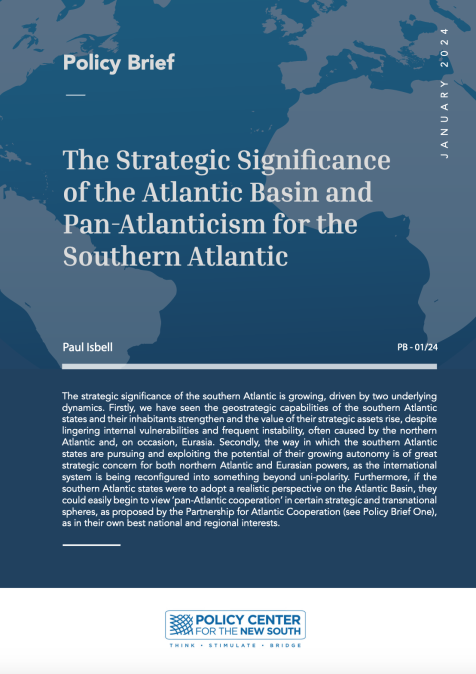#AD2019| Impressions de Mohamed Znagui Sid ’Ahmed Ely sur les Atlantic Dialogues
December 14, 2019
Speakers

General Mohamed Znagui Sid’Ahmed Ely
Mauritania
Head of Defense and Security Department, G5 Sahel
He did his primary and secondary studies in Mauritania before joining the Royal Military Academy of Meknes in Morocco from 1978 to 1981 where he followed his initial training as an officer.
He occupied several functions in Command, in Schools and in Staff before completing his higher education in Mauritania, in France and in China.
He then reached the high functions of Command and Staff before joining the Military Diplomacy.
He was appointed to the rank of Brigadier General on January 1, 2012 and was appointed Chief of the Joint Staff Committee CEMOC in Tamanrasset then Inspector General of the Armed Forces and Security before being admitted to the reserve on February 20, 2014.
General Znagui is currently a Defense and Security expert at the G5 Sahel. He is married with 6 ...








